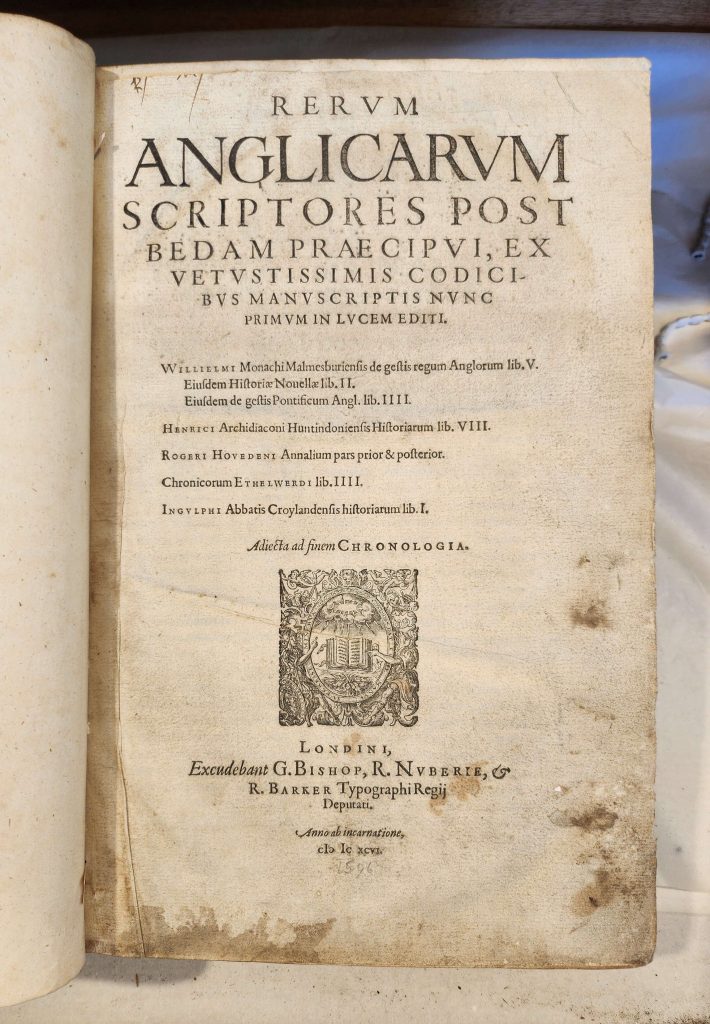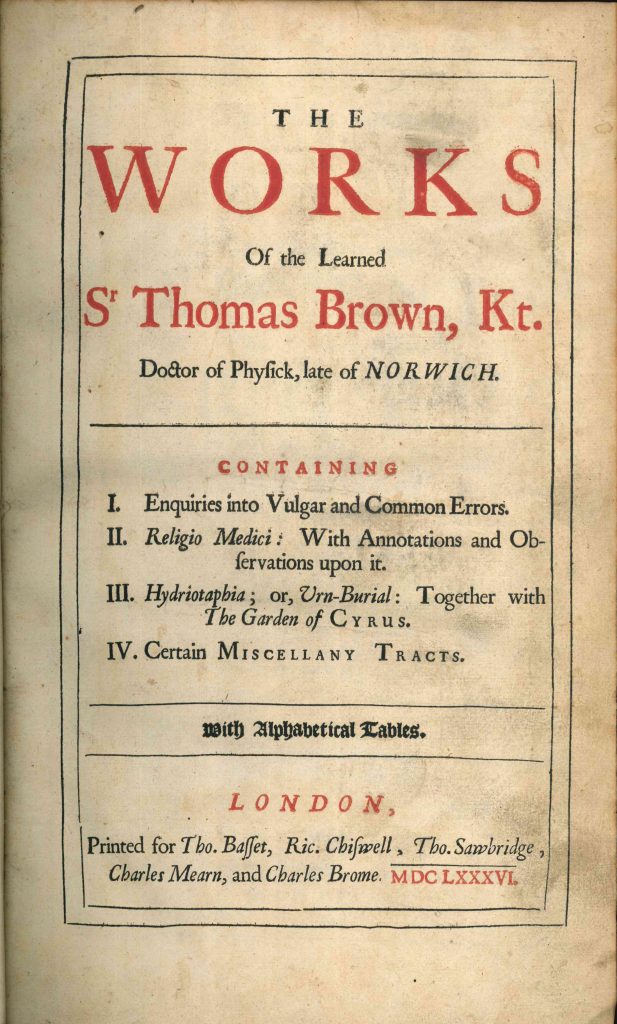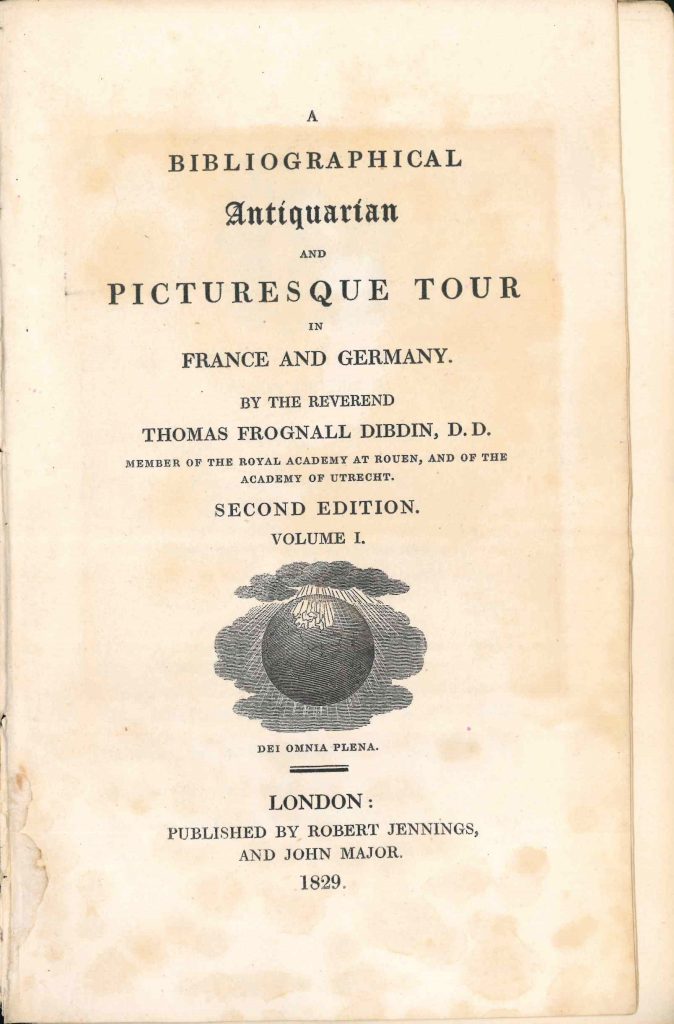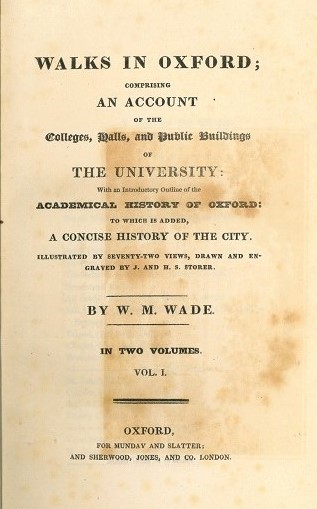Book of the term
Every term we feature a rare and interesting item from our collection.
Trinity Term 2025
Rerum Anglicarum Scriptores
edited by Sir Henry Savile

Sir Henry Savile was born on 30 November 1549 in Over Bradley in the West Riding of Yorkshire, and matriculated at Brasenose College, Oxford, in 1561, at the age of only twelve. This may have been for family reasons – at the time, young boys were sometimes sent to Oxford at the same time as an older brother, and Henry’s brother John, born in March 1546, matriculated in the same year – but may also have reflected his intellectual powers; he took his BA in January 1566, but had already been elected to a fellowship at Merton the year before. Like almost all educated Englishmen of his time, both his basic schooling and university studies were centred on classical Greek and Latin literature and philosophy, but Savile’s own intellectual interests lay much more in mathematics and astronomy – although, at least to begin with, in works by classical authors, such as the Elements, a mathematical treatise by Euclid written around 300 bce, and the Almagest, Ptolemy’s astronomical and mathematical work written around 150 ce. His passion for these subjects was lifelong; in 1619, three years before his death, he founded the Savilian Professorships of Geometry and of Astronomy at Oxford.
But they were by no means his only interests; his first published work, in 1591, was a translation of four books of the Histories and the Agricola by the Roman historian Tacitus, and perhaps his most significant work was an edition of the fourth-century preacher and theologian John Chrysostom, published in eight volumes in 1613 after thirteen years of research. But probably his most lasting work was done as one of the translators of the Authorised Version of the Bible, commissioned by King James I and first printed in 1611.
Nor were Savile’s attainments solely intellectual; according to John Aubrey, he was extraordinarily handsome, and much favoured by Queen Elizabeth I, who is said to have appointed him as her Greek tutor. It was largely through her influence that he was elected Warden of Merton in 1585, and Provost of Eton in 1595; this did not make him universally popular in either institution, but in both he made improvements, particularly to their libraries.
Savile’s scholarship was centred on classical and immediately post-classical authors, especially those writing in Greek. So the work on display, being an edition of five medieval British chroniclers writing in Latin, looks like a departure from this – although Savile’s translation of Tacitus had included that author’s biography of Agricola, Roman governor of Britain 77-85 ce, with a detailed description of the geography and ethnography of Britain at the time.
The five chroniclers are William of Malmesbury (c.1090-1143), Henry of Huntingdon (c.1088-c.1157), Roger of Howden or Hoveden (died 1201/2), Æthelweard (or Ethelwerd; died c.998), and Ingulf (c.1045-1109; the work attributed to him is actually a mid-fifteenth century forgery). The first three all wrote histories of England up to their own times, Æthelweard produced a Latin version of the Anglo-Saxon Chronicle up to 975, and the work supposedly by Ingulf is a history of the abbey of Crowland, near Peterborough. It was an important contribution to the growing interest in British national history, and remained the standard edition of these authors for the next two hundred years and more. It is also now our best source for the text of Æthelweard, as the only manuscript was one of the Cotton library manuscripts badly damaged in a fire in 1731.
This copy of the Rerum Anglicarum Scriptores was given to Somerville by the family of Sir Edward Fry, a distinguished lawyer and judge, and father of Margery Fry, Principal of Somerville 1926-1931.




